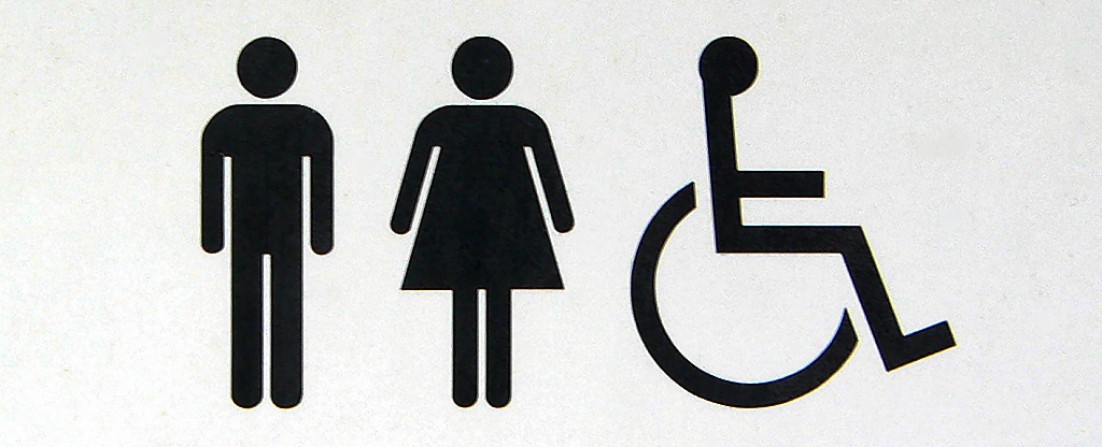April 4, 2014
Dean Mayo Moran
Reviewer, AODA
Thank you for the opportunity to provide feedback on the Customer Service Standard of the Accessibility for Ontarians with Disabilities Act.
We want to call your attention to one serious disability which has not been taken into account in any of the Standards, and that is the urgent need to defecate or urinate occasioned by Irritable Bowel syndrome (IBS), Crohn’s Disease and ulcerative colitis, and other ailments that affect the digestive system. These disabilities require the provision of open accessible unisex toilets at major transit stops, in parking lots and in public spaces where people congregate. Some even require special “adult changing places” with adult change tables, space for two caregivers and a hoist.
Cities in other parts of the world – England, Japan, Korea, France – provide these facilities for their citizens and tourists alike.
Neither the revised Integrated Accessibility Standards (Ontario Regulation 191/11), Accessibility Standards for the Built Environment, nor the revised Ontario Building Code (Ontario Regulation 368/13) address this issue. For example, the Building Code regulation on rapid transit (subsection 3.7.4) provides for toilets at each rapid transit station for employees, but only at the end of the line for the public.
The lack of requirements for adequate public toilets in the standards is a serious oversight and results in sufferers of these ailments being unable to use public transit or public spaces with any degree of confidence.
In the summer of 2010, the Crohn’s and Colitis Foundation of Canada undertook a survey to find identify the effects of living with IBS. Out of 1384 responses, they found :
“ It should come as no surprise that three quarters of respondents have not only been embarrassed, but at times humiliated, when asking for permission to use bathroom facilities. It is no small thing to be in a panic over the urgent need to use a bathroom and then have to negotiate with someone for access to a toilet. The concern about soiling oneself is not an overblown fear. Our survey told us that 44 per cent of respondents have experienced an accident because they have not been able to get to a toilet in time. No one should have to experience that kind of humiliation.”
In the Ottawa area alone, more than 7000 people have been identified as suffering from IBS, Crohn’s or Colitis.
These numbers do not tell us about the countless others who need urgent access to toilets as a result of aging, or because they have small children, or because they have a digestive upset due to flu, stress or allergies.
Unless cities have a network of clean, safe, open and easy-to-find public toilets in major transit stations, public spaces and the built environment, the already enormous social, privatized costs of this oversight in the AODA standards will continue to escalate across the province.

